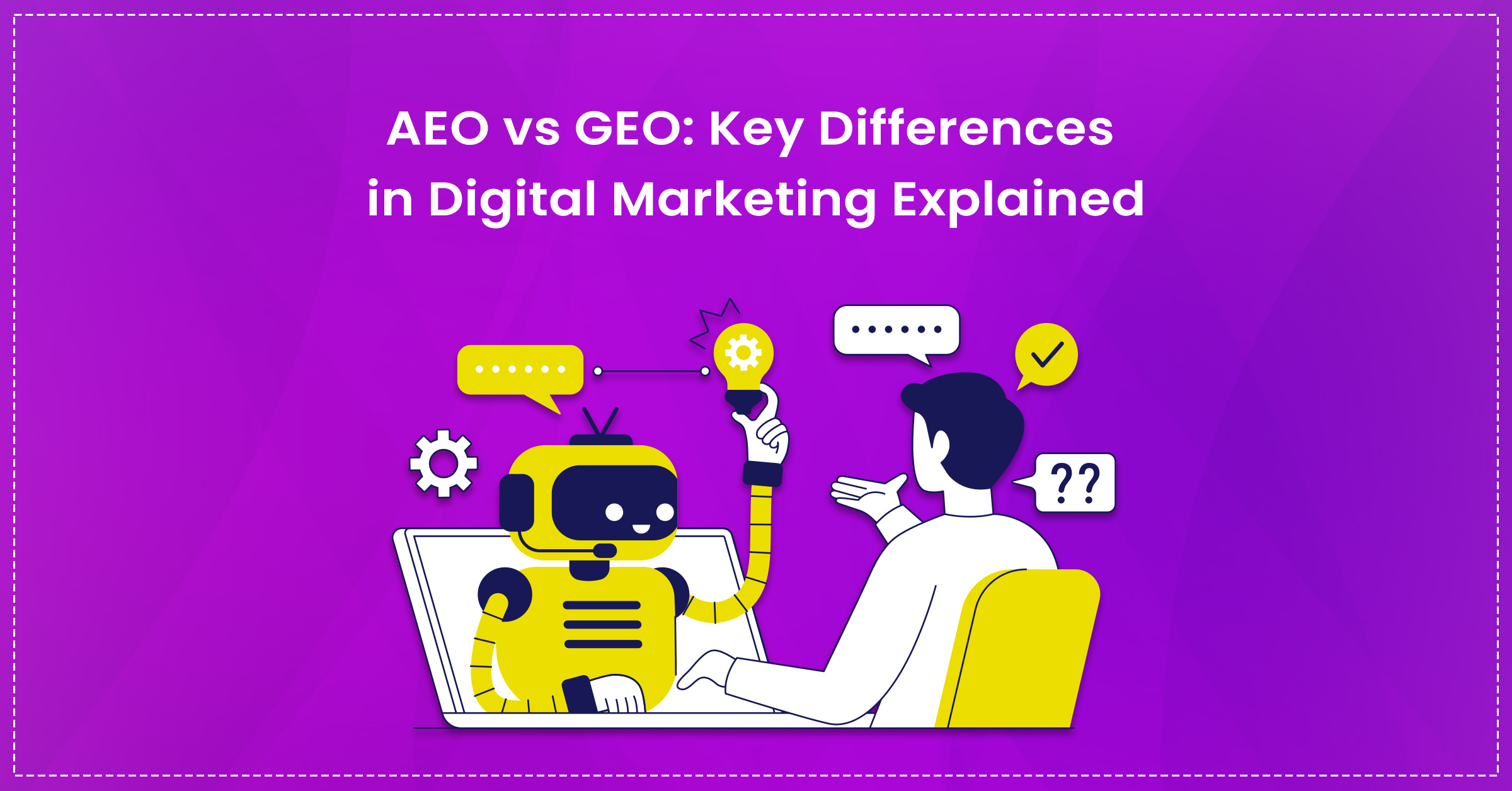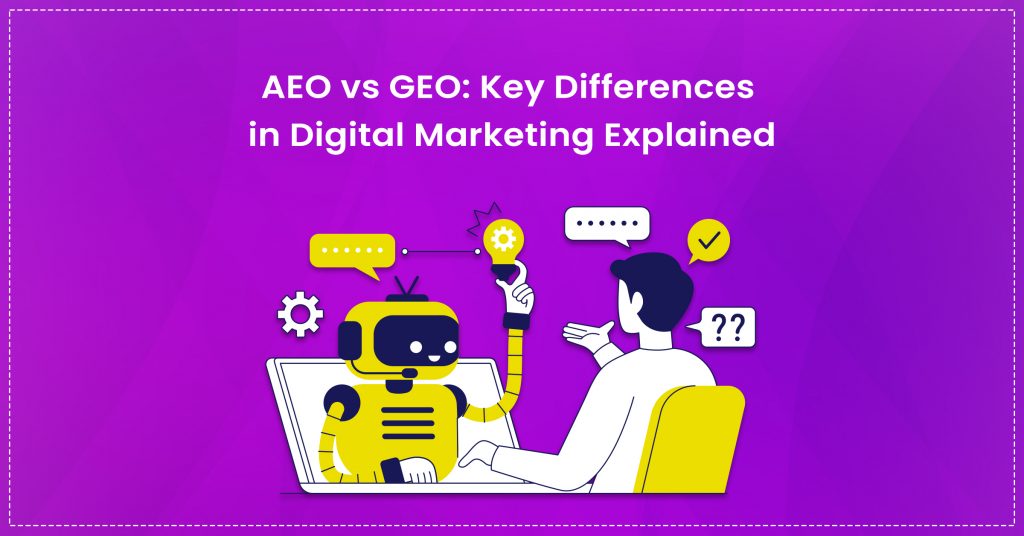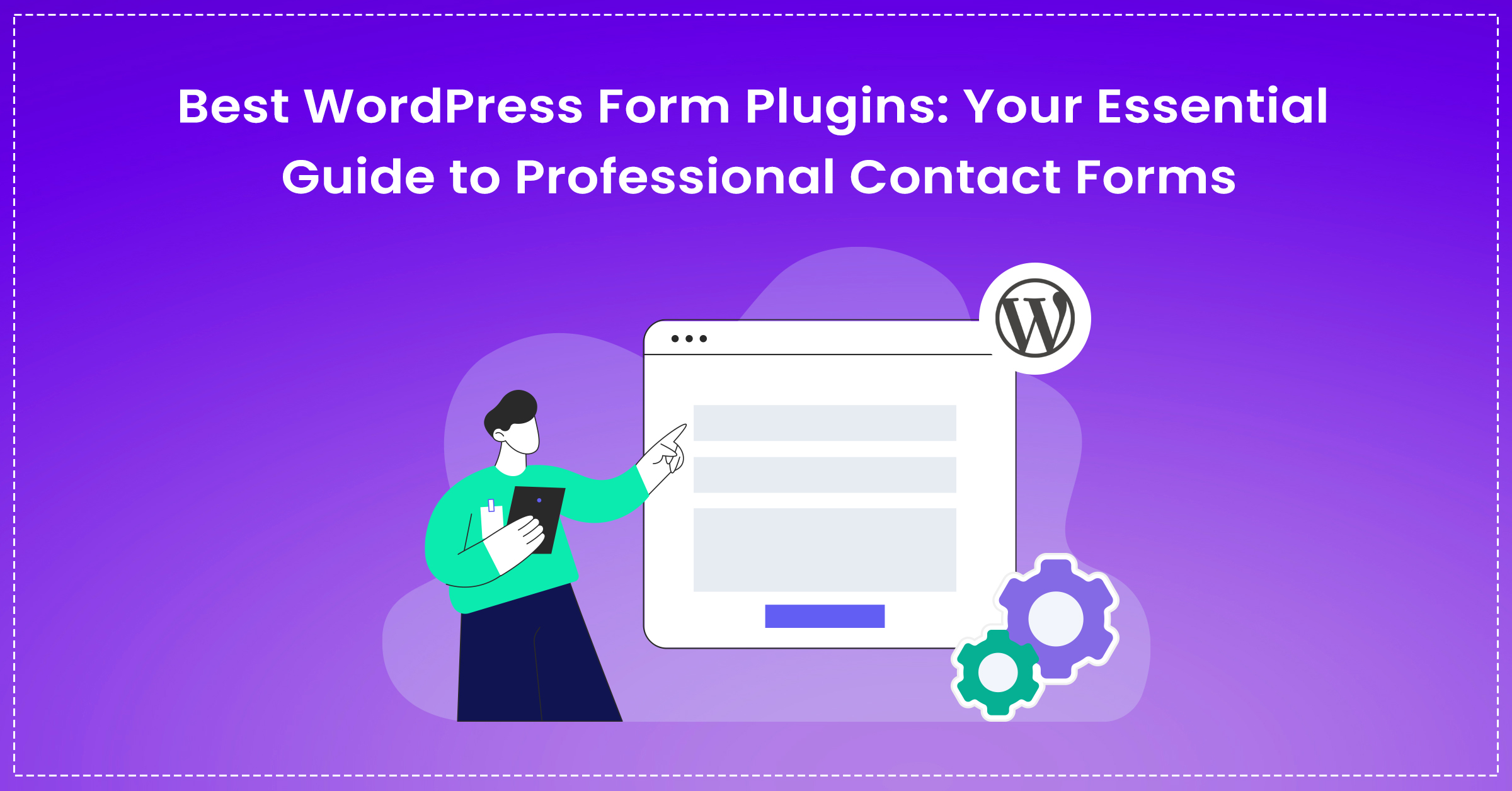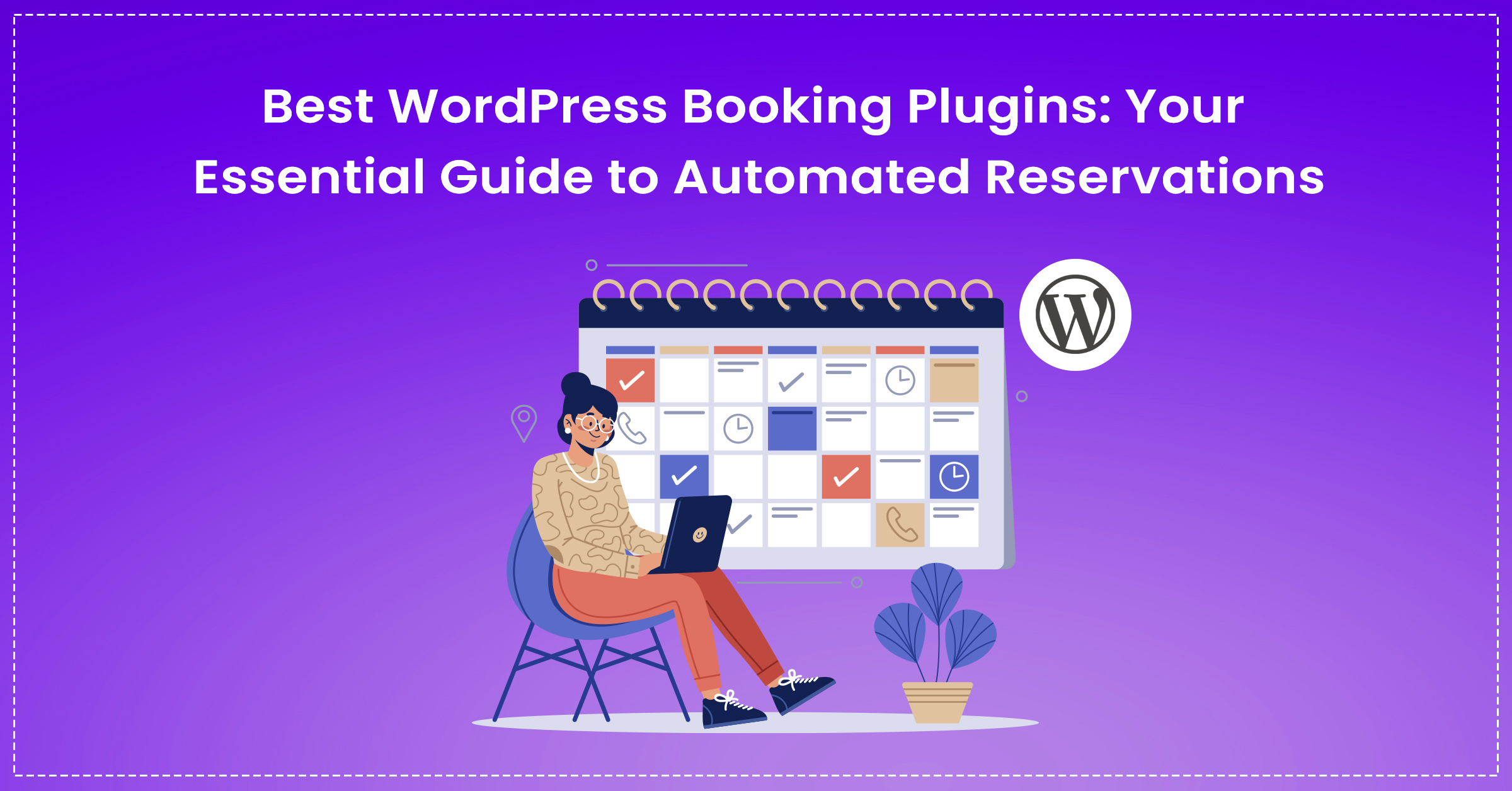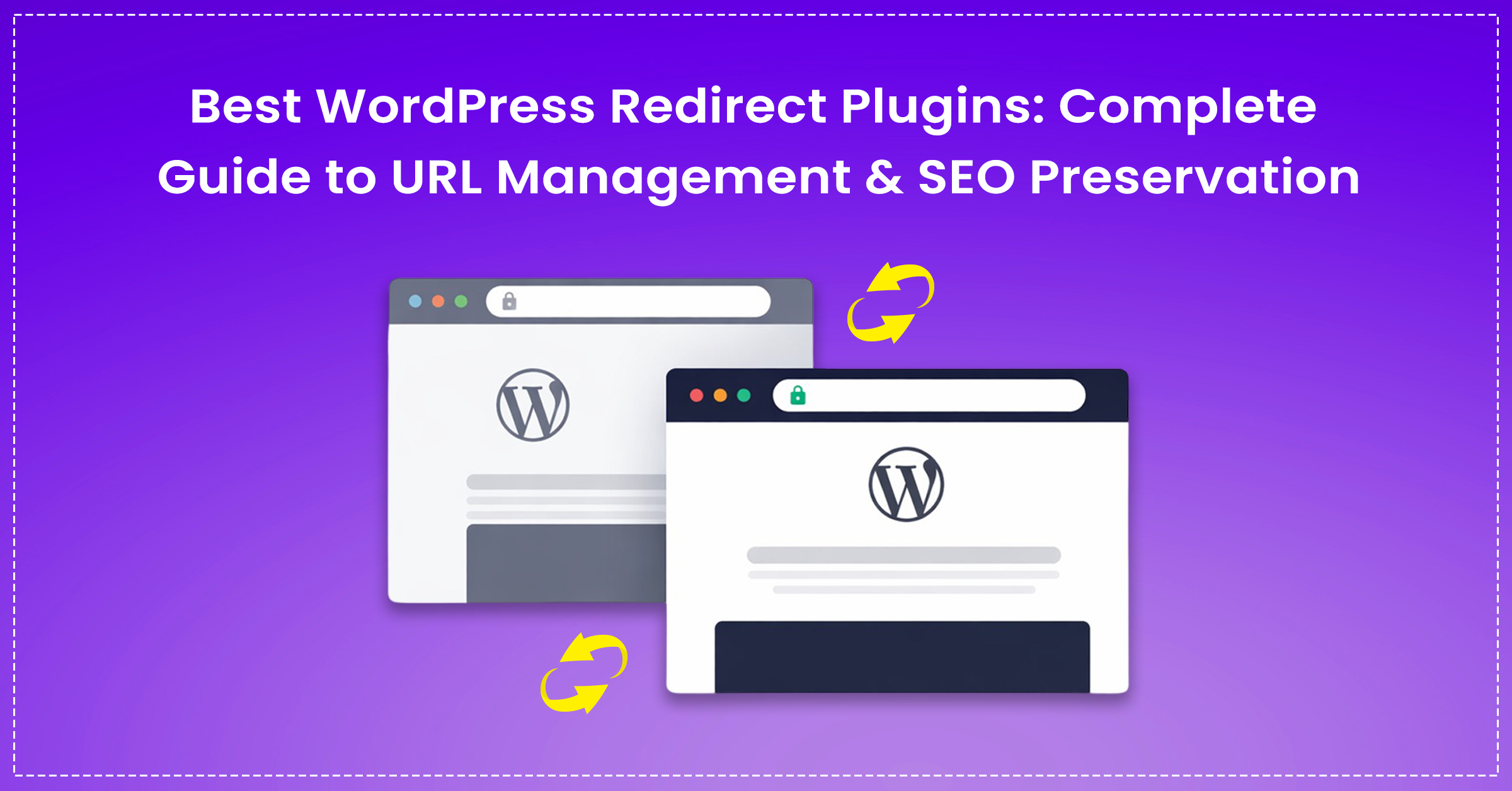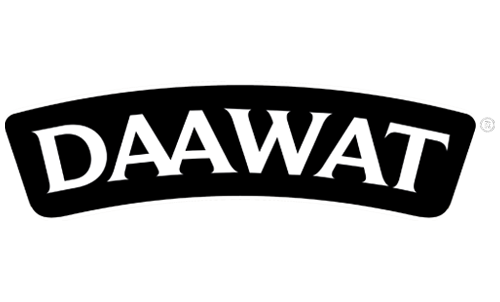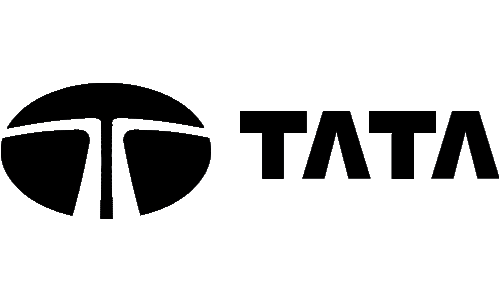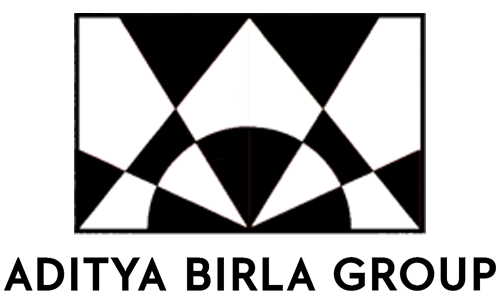Introduction
Digital marketing is changing fast, and we’re witnessing a fundamental shift in how people consume information online. New terms like AEO and GEO are becoming important as search evolves into what experts call the “zero-click internet.” Many people get confused about these two concepts and their impact on traditional website traffic.
The numbers tell a striking story: for every 1,000 Google searches in the US, only 360 clicks go to the open web, while nearly 60% of Google searches end without a click.
This dramatic shift means that 80% of consumers now rely on “zero-click” results in at least 40% of their searches, reducing organic web traffic by an estimated 15% to 25%.
What’s particularly telling is the recent trend where impressions are increasing while clicks are decreasing. Many websites are experiencing this paradox: they’re getting more visibility in search results but fewer actual visits.
This is where AEO and GEO become crucial – they’re essentially the new battleground for capturing attention in an era where search engines provide answers directly, potentially “eating” the clicks that would traditionally go to websites.
TL;DR
AEO (Answer Engine Optimization) is optimizing content to appear in featured snippets and direct answer formats on search engines. It focuses on providing immediate answers that users see without clicking through to websites.
GEO (Generative Engine Optimization) is optimizing content to be cited and referenced by AI systems like ChatGPT when generating responses. It ensures your content becomes a trusted source for AI-generated answers across various platforms.
What is AEO (Answer Engine Optimization)?
AEO stands for Answer Engine Optimization. AEO is the practice of optimizing your content so that search platforms can directly provide answers to user queries, rather than just listing links.
AEO helps your content appear in featured snippets. It also works with voice assistants like Siri and Alexa. The goal is to become the direct answer source.
Examples of AEO in daily searches are:
- Featured snippets showing “What is Digital Marketing?” with a direct definition
- Voice assistant responses when asking “How much should I spend on Google Ads?”
- Quick answer boxes displaying “What’s a good click-through rate for email marketing?”
- Step-by-step instructions for “How to set up Facebook pixel”
- Definition boxes when searching “what is conversion rate optimization”
- Direct answers for “Best time to post on Instagram”
- Calculator widgets appearing for “social media engagement rate calculator”
- Immediate results showing “Average cost per click in 2025”



How AEO Works in Digital Marketing
AEO targets specific question-based searches. People often ask “what is,” “how to,” or “why does” questions. AEO optimized content answers these questions directly.
Voice search is growing rapidly. More people use smartphones to ask questions. AEO helps capture this traffic effectively.
The optimization focuses on structured data. FAQ sections work well for AEO. Short, clear answers perform better than long paragraphs.
Our AEO services include featured snippet optimization, voice search strategy development, structured data implementation, FAQ content creation, and answer-focused content restructuring to help your business capture more direct answer opportunities.

What is GEO (Generative Engine Optimization)?
GEO stands for Generative Engine Optimization. Generative Engine Optimization means preparing your content so AI engines can find you, understand you, and include you when they generate new content.
GEO is newer than AEO. It focuses on AI-powered search engines. Tools like ChatGPT and Gemini use GEO principles.
How GEO Works in Digital Marketing
GEO prepares content for AI generation. When AI creates responses, it pulls from optimized content. Your brand gets mentioned in AI-generated answers.
The optimization is different from traditional SEO. AI engines read content differently. They look for authority and context signals.
GEO helps with brand visibility in AI responses. It ensures accurate representation in generated content. This builds trust and credibility.

AEO and GEO Difference: Complete Comparison
| Aspect | AEO (Answer Engine Optimization) | GEO (Generative Engine Optimization) |
| Primary Focus | Direct answers to questions | AI-generated content inclusion |
| Target Platforms | Google, Bing, Voice assistants | ChatGPT, Bard, AI generators |
| Content Format | FAQ, snippets, structured data | Comprehensive, contextual content |
| Optimization Goal | Featured snippets, position zero | Brand mentions in AI responses |
| Search Type | Question-based queries | Conversational AI interactions |
| Content Length | Short, concise answers | Detailed, authoritative content |
| Technical Requirements | Schema markup, structured data | Natural language, context signals |
| User Intent | Immediate answers | Comprehensive information |
AEO and GEO in SEO Strategy
Traditional SEO vs Modern Approaches
Traditional SEO focuses on keyword rankings. It aims to get websites on the first page. AEO and GEO take different approaches.
The key differences between SEO, AEO and GEO can be summarized in one powerful sentence. As Saurabh Mishra, a digital marketing strategist, puts it: “SEO gets you discovered, AEO gets you quoted, and GEO gets you cited.”
SEO keeps you visible and helps people find you over time; AEO gets you into those voice searches and answer boxes at the top of Google; GEO makes sure you show up when AI tools generate responses. They each play their own role in how people discover your business.
Modern search is becoming more conversational. People expect instant answers. AEO and GEO help meet these expectations.
Integration with Overall SEO Strategy
AEO and GEO work together with traditional SEO. They don’t replace it but enhance it. A complete strategy uses all three approaches.
Start with solid SEO foundations. Add AEO for voice search optimization. Include GEO for AI-powered platforms.
Content planning becomes more strategic. You create content for different search types. This increases overall visibility and reach.
AEO and GEO Optimization Strategies
AEO Optimization Best Practices
Create FAQ sections on your website. Answer common customer questions directly. Use clear, simple language in responses.
Implement structured data markup. This helps search engines understand content. Schema.org provides standardized formats.
Optimize for long-tail keywords. Focus on question-based searches. “How to,” “what is,” and “why does” queries work well.
Keep answers concise and accurate. Aim for 40-60 words per answer. This fits featured snippet requirements.
GEO Optimization Best Practices
Optimize content formats for AI ingestion. Include information in PDF or JSON formats alongside regular text. AI engines excel at processing structured data and files using their GPU capabilities.
Build authoritative, comprehensive content. AI engines value depth and expertise. Cover topics thoroughly and accurately.
Use natural language throughout content. Write conversationally and clearly. AI systems understand natural speech patterns better.
Create topic clusters around main subjects. Link related content together. This builds topical authority and context.
Focus on E-A-T principles (Expertise, Authoritativeness, Trustworthiness). AI engines prioritize credible sources for information.
Common Mistakes to Avoid
AEO Mistakes
- Making answers too long or complex
- Ignoring structured data implementation
- Focusing only on desktop optimization
- Not researching actual user questions
- Over-optimizing for keywords instead of answers
GEO Mistakes
- Creating shallow, keyword-stuffed content
- Ignoring E-E-A-T principles
- Not building topical authority
- Focusing only on traditional metrics
- Neglecting natural language optimization
Future of AEO and GEO
The future of search is changing rapidly. AI will power 80% of digital marketing strategies globally. AEO and GEO will become more important.
Voice search continues growing worldwide. More devices support voice commands. AEO optimization becomes essential for visibility.
AI-powered search engines are expanding. They provide more accurate responses. GEO helps ensure brand representation in these platforms.
Both strategies will evolve with technology. Stay updated on best practices. Regular optimization adjustments will be necessary.
Measuring AEO and GEO Success
AEO Metrics to Track
- Featured snippet appearances
- Voice search traffic
- Position zero rankings
- Click-through rates from snippets
- Brand mention frequency
GEO Metrics to Track
- AI platform brand mentions
- Content authority scores
- Topical coverage analysis
- Brand sentiment in AI responses
- Traffic from AI-powered searches
Best Tools for AEO and GEO
AEO Tools
- Google Search Console
- SEMrush
- Ahrefs
- AnswerThePublic
- Schema.org markup generators
GEO Tools
- Brand monitoring platforms
- Content analysis tools
- Topical authority trackers
- AI platform testing tools
- E-E-A-T assessment tools
Creating Content for Both AEO and GEO
Plan content that serves both strategies. Start with comprehensive topic coverage for GEO. Extract key points for AEO optimization.
Create main pillar pages for GEO authority. Add FAQ sections for AEO targeting. This dual approach maximizes visibility.
Use natural language throughout content. Write for humans first, search engines second. Both AEO and GEO reward user-focused content.
Regular content updates keep information fresh. Both strategies value current, accurate information. Schedule regular content reviews.
Industry-Specific Applications
E-commerce and AEO/GEO
Online stores benefit from both strategies. AEO helps with product questions and comparisons. GEO builds brand authority in shopping recommendations.
Create detailed product descriptions for GEO. Add FAQ sections for common questions. This covers both optimization approaches effectively.
Service Businesses and AEO/GEO
Professional services need both strategies. AEO captures immediate service queries. GEO builds long-term authority and trust.
For professional services like SEO companies in Mumbai, combining AEO and GEO strategies ensures comprehensive search visibility across traditional and AI-powered platforms.
Conclusion
Both AEO and GEO matter when you’re thinking about today’s SEO landscape. They tackle different challenges but complement each other really well. Getting a handle on what sets them apart will help you build smarter strategies.
AEO is all about those instant answers and voice searches people are doing more often. GEO gets your content ready for when AI tools create responses. You’ll want both in your toolkit if you’re planning for what’s coming next in digital marketing.
Start weaving them into your current approach bit by bit. Keep putting out content that actually helps people and adds real value. Stay on top of tweaking and improving your content to keep it relevant. Search is evolving to include everything from Google to ChatGPT and beyond.
Having both AEO and GEO working for you means you’ll show up wherever people are looking. This well-rounded strategy is what gets you better outcomes.
Frequently Asked Questions
Think of AEO as your strategy for getting those quick, spoken answers when someone asks Alexa a question or when Google shows that highlighted answer box at the top of search results. GEO, on the other hand, is about making sure your content gets picked up and mentioned when AI tools like ChatGPT or other platforms generate responses for users.
Not really, they’re tackling different parts of the search puzzle. AEO is all about being the go-to source for instant answers that people want right now. GEO is more about positioning your brand and content so AI systems will reference you when they’re putting together comprehensive responses for users.
AEO optimizes for answer engines like featured snippets, voice assistants, while GEO optimizes for generative AI platforms like ChatGPT and Gemini.
AEO complements SEO rather than replacing it. Both strategies work together for comprehensive search visibility.
AEO means Answer Engine Optimization, GEO means Generative Engine Optimization.
AEO goes for instant answers, GEO targets AI responses, AIO covers the whole AI search thing. However, AIO (Artificial Intelligence Optimization) and GEO are essentially the same concept with different terminology. People use these terms interchangeably, but they both refer to optimizing content for AI-powered systems and responses.
You’re covered everywhere – regular searches, quick answers, AI results. Like having the right tool for however someone decides to find what they need.
Ready to Get Your Business Found Online?
Make your website work harder with smart AEO and GEO strategies that actually get results. Eiosys provides comprehensive AEO optimization services and expert SEO solutions to help your business succeed in the evolving digital landscape.
We’re not just another SEO company – we understand both the old-school tactics that still work and the new approaches that are changing the game. When you work with us, you’ll show up wherever your customers are looking, no matter how they’re searching.
Get in touch with Eiosys and let’s talk about getting your business the visibility it deserves with AEO and GEO strategies that make sense!


